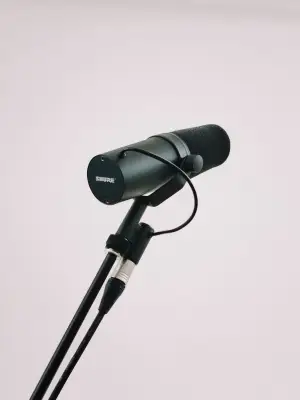
Youth Language
Introduction: Growing up with a native language
Scholars have examined 4 distinct categories in the past:
Childhood
Children acquire their language (and more specifically their own variety of language) in the early years of their life, when their brain is still being formed. So those years are essential for the brain’s development and the best period for the child to learn a language, by interacting with adults and being intellectually/linguistically stimulated.
Adolescence (youth language)
Those are years of rich sociolinguistic creativity and innovation, instigators of vernacular changes. For example, the new word “super” was initially used by 16 year old American girls and it is now integrated into the standard variety: that’s a big linguistic transition.
Adults
Speech style has standardised by about mid-20s (identity gets more solidified, and the language as well).
Elders
Speech moves towards non-standard variety again (old fashioned).
Characteristics of youth language
‘teens are so lit when it comes to being amazing linguistic innovators’ (Dr Nick Wilson)
Young people develop the dialect either by making new linguistic variants or by accentuating already ongoing changes
Slang words
Sara Bentley (2024) explains that “it consists of a vocabulary often times unknown to the elders.The slang terms created by sometimes recycling the old words, making abbreviations or giving new meaning to the already existing words.”
New words from different years, mainly from the youth and the media:
2023
USA: bet (I agree or 'good news'), bougie (used to describe someone as high class, literally or figuratively), bussin (something that is really good or delicious), cap (a lie or exaggeration), cheugy (something that is outdated or uncool, especially in a way that is trying too hard to be trendy), drip (stylish clothing or accessories), finna (abbreviation of 'fixing to'. Normally means 'going to'), finsta (a fake Instagram account that is used to post more personal and unfiltered content than a public account), fleek (on point or looking good), gas (something that is really cool or impressive), goated (the greatest of all time), Hold This L/You Took An L (what someone says to another person when they lose at something), IYKYK (If You Know You Know), mid (used to insult or degrade something or an opposing opinion, labeling it as average or poor quality), no cap (for real, without lying), NPC (someone, regardless of their views, who doesn't think for themselves), oof (can be used to express discomfort, stress, or sadness), sheesh (an expression when you’re impressed or amazed by something), shook (being shocked or surprised, when you can't believe what you're seeing), slaps (something that is really good or enjoyable), simp (when someone does way too much for a person they like), slay (to do something incredibly well or to look amazing), sus (suspicious or untrustworthy)
2020
USA: bet ("OK" or "YES,", or response when someone challenges you, instead of saying "watch" or "we'll see”), extra (to be unnecessarily dramatic, excessive, over the top), fit (in the UK: attractive, in the USA: shortened version of outfit), fire (something that is really cool and amazing), flex (to knowingly flaunt and show off; as a noun, a "flex" is the thing being shown off itself), go off (to encourage a choice, or to support a rant or ridiculous behavior that's already occurred, usually meant humorously; often, the phrase "I guess" follows it), lit (something that is amazing, exciting, high-energy, or otherwise great; it can alternatively mean intoxicated or drunk), lowkey (slightly, secretly, modestly, or discretely - it's the opposite of "highkey," for when you're sincerely or assertively into something), periodt (used at the end of a sentence, meant to add emphasis to a point that has been made; it is also often preceded by the words "and that's on" to add further emphasis), salty (bitter or upset over something little), snatched (meaning 1: when someone is wearing something that is very fashionable, or has a look that looks really good; meaning 2: process of supporting an insult against someone who has lost an argument), tea (gossip -"spilling the tea" is the act of gossiping; “tea" is also used when one is agreeing with a point someone has just said), thirsty (overly eager and desperate, usually for attention, approval, or compliments), wig (something that is amazing: what you saw was so amazing, and incited so much shock in you, that your wig flew off), yeet (a versatile word, mostly used either as a verb or to narrate the process of discarding things at high velocity)
UK: blud (friend), buff (good), creps (shoes), nang (nice), sket (promiscuous, naughty girl), wagwan (bastardization of "What's going on?), wasteman (enough of it), What endz you from (where are you from (east end, west end...)
2000s
USA: bling bling (generally, the jewelry or expensive accessories someone is wearing), chillax (to chill and relax at the same time), I see what you did there (“I get the joke you just made”), noob (someone who is new at something), sketchy (not trustworthy, unpleasant), that’s hot (that’s good/cool/sexy), wassup? (“How are you doing?”)
Swearing
UK (from mild to strong): Arse, Bloody, Bugger, Cow, Crap, Damn, Ginger, Git, God, Goddam, Jesus Christ, Minger, Sod-off, Arsehole, Balls, Bint, Bitch, Bollocks, Bullshit, Feck, Munter, Pissed/pissed off, Shit, Son of a bitch, Tits, Bastard, Beaver, Beef curtains, Bellend, Bloodclaat, Clunge, Cock, Dick, Dickhead, Fanny, Flaps, Gash, Knob, Minge, Prick, Punani, Pussy, Snatch, Twat, Cunt, Fuck, Motherfucker
US (from mild to strong): damn, ass, pussy, bastard, shit, bitch, fuck, motherfucker, cunt
Australia (from mild to strong): Holy cow, Sugar, Corn Nuts, Bullspit, Mother of pearl, Barbra Streisand, Crikey, Great Scott, Son of a gun, Cheese and crackers, Wombat, Frack, Fraggle Rock, Peas and rice, Sweet Jesus, Blimey, Crappity, Balderdash, Son of a monkey, Schnikes, Bloody, Drongo, Jesus Harold Christ, Jesus, Mary And Joseph, Jesus Wept, Damn, Cock-Up, Dropkick, Ginger, Bloody Oath, Arsehole, Suck it, Sod-off, Get Stuffed, Cow, Arse, Jam it up your arse, God, Bogan, Bugger, Goddam, Jesus Christ, Fanny, Crap, Derro, Strewth, Git, Minger, Hell, Shit, Arsehole, Bitch, Bullshit, Root, In Shit, Holy shit, Horseshit, Slag, Munter, Ballbag, Punani, Tits, Feck, Scrotal Rat, Pissed/pissed off, Balls, Bollocks, Bint, Son of a bitch, Bloodclaat, Beaver, Clutterfuck, Frigger, Minge, Prick, Fanny, Dickhead, Bastard, Flaps, Bellend, Knob, Gash, Snatch, Cock, Beef curtains, Clunge, Pussy, Dick, Twat, Cunt, Fuck, Sisterfucker, Fatherfucker, Brotherfucker, Motherfucker
Sound-words
Phew, argh, blah, awe, shush…
See more in the dictionary of interjections
Discourse Markers
Um, like, uh, you know…
Facilitate listener comprehension and smooth interaction
Like: used as filler, gives more time to the speaker to build up the rest of the sentence
Talking tempo
faster especially in female groups
Talking intonation
higher at the end of the statement especially in female groups
Shorter turns
Interruptions
Contexts/communities of slang or youth language
Music: especially rap, hip-hop
An identity claim
Language as acts of identity: the individual chooses the way they talks
Teenagers want to speak differently than adults, they use language to stake out their own territory.
Attitude towards youth language
Often negative, seen as stupid or even annoying, sort of contempt towards the teenagers as a social group and their use of language, idea that they "damage" the language.
References
Bentley, S. (2024) “Current Teen and Gen Z Slang Words 2024 Decoded”. Momydady.com. Available: https://momydady.com/teenage/teen-slangs-words/
Chenu, Daniel, Kelly, Lahna, Wilson, Nick (2019) “Let’s get that bread: How teenagers change language”. Faculty of Human Sciences. Available: https://lighthouse.mq.edu.au/article/february-2019/14-things-your-teens-say-that-you-dont-understand,-translated
Dumas, B. & Lighter, J. (1978) Is slang a word for linguists? American Speech, 53(1), 5-17.
Journal of Applied Linguistics and Language Research, 2019, 6(1) 83
Holmes, J. (2008) An introduction to sociolinguistics. Third edition. Harlow:Longman.
Holmes, J. (2001) An introduction to sociolinguistics. (2nd ed.). London: Pearson Education.
Indy100. (2023) “Every British swear word has been officially ranked in order of offensiveness”. Available: https://www.indy100.com/viral/british-swear-word-ranked-offensiveness-2659905092
Moore Devlin, T. (2021) “The 2000s Slang That Defined The Decade”, Babbel.com magazine. Available: https://www.babbel.com/en/magazine/2000s-slang
P, D. (2023) “All Australian Swear Words Ranked In Survey – Minimally Offensive to Brutal”. Australia Unwrapped.com. Available: https://www.australiaunwrapped.com/all-australian-swear-words-ranked/
Tagliamonte, S.A. (2016) ‘So sick or so cool? The language of youth on the internet’, Language in Society, 45(1), pp. 1–32. doi:10.1017/S0047404515000780.
Urbandictionary.com
Wordtips blog (2023) The United States of Cussing: Every U.S. State's Favorite Swear Word. Available: https://word.tips/us-states-curse-words-map/
The reading corner
To know more about language or music-related subjects
This section features various articles from light reading about linguistic, literary and social subjects, to detailed presentations of linguistic or music industry's branches.

Translation theories and thoughts

The perfect tech rider

Sociolinguistics: key concepts

Language accessibility in live performances

Learning a new language
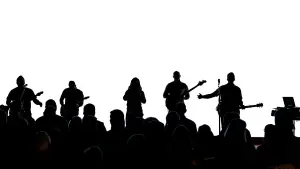
Live opportunities for emerging artists

Translation fails
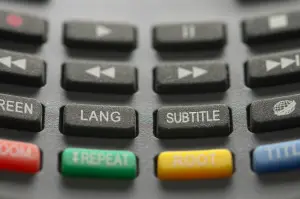
Subtitling: use(s) and norms
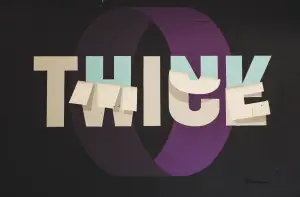
Localisation

Music Industry Jobs Boards
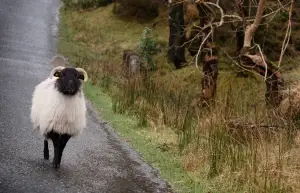
English in Ireland: Irish English
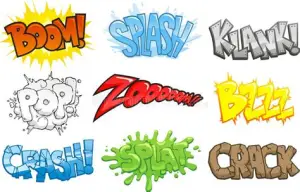
Onomatopeias across the world
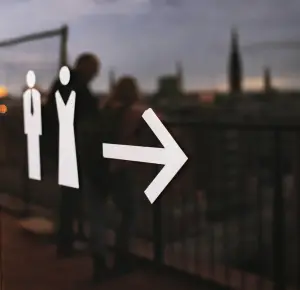
Language and gender

Manipulating words and reality in politics
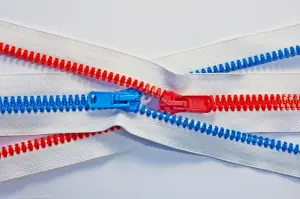
Taboo Language

Language attrition

When comedy makes fun of interpreting
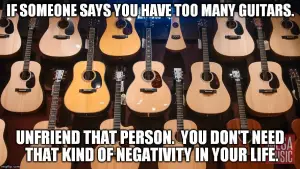
The meme corner - Music
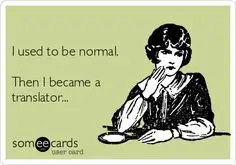
The meme corner - Being a translator/interpreter
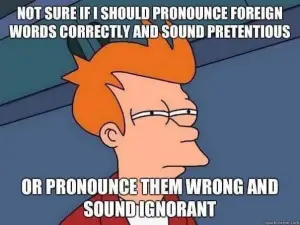
The meme corner - Linguistics
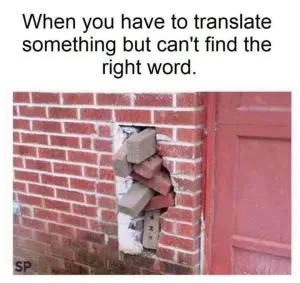
The meme corner - Translation
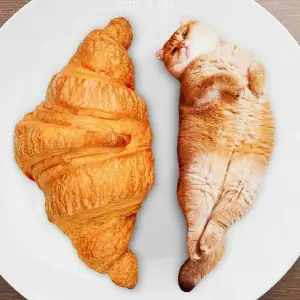
The meme corner - Food around the world
